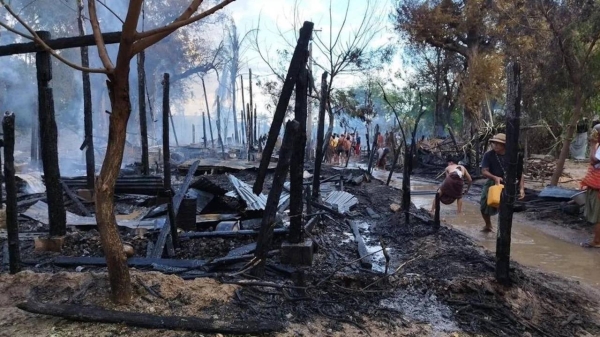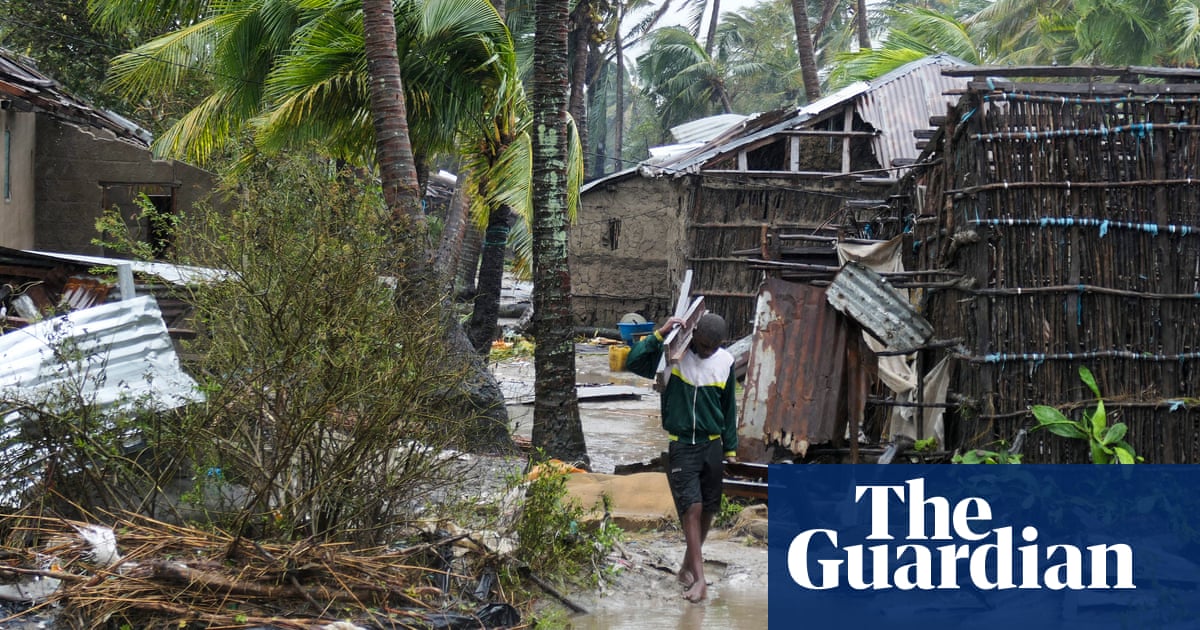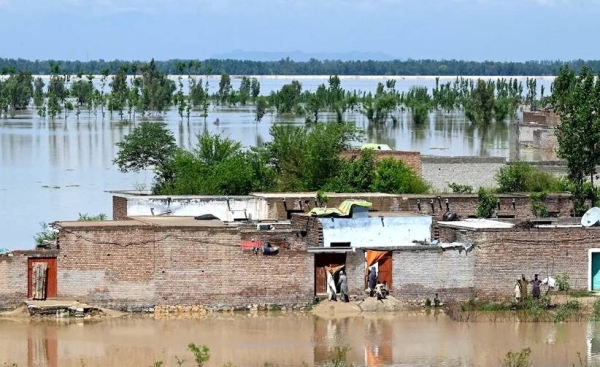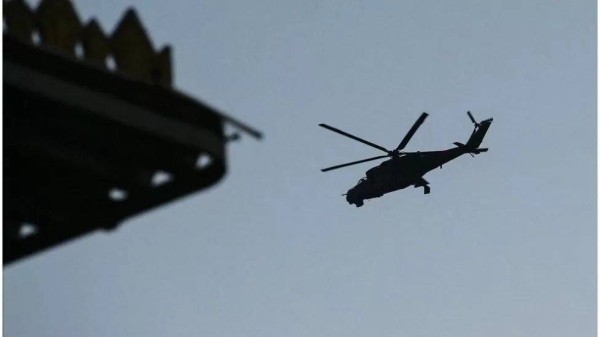
Saturday was Armed Forces Day in Myanmar, and the ruling generals marked it with the slaughter of over 100 people, including a five-year-old and other children, at pro-democracy protests across the nation.
It was the worst bloodshed since a coup that began on 1 February. State media had issued a warning on Friday evening, saying that the largely peaceful protesters risked being shot “in the head and back”.
Despite that, crowds poured on to the streets of Yangon, Mandalay and other towns, where security forces gunned them down with impunity. A one-year-old was reportedly also hit in the eye with a rubber bullet.
“They are killing us like birds or chickens, even in our homes,” Thu Ya Zaw told Reuters, at a protest in the central town of Myingyan, where at least two people were killed. “We will keep protesting regardless. We must fight until the junta falls.”
More than 400 people have been killed protesting against the military takeover, and condemnations of Saturday’s grotesque display of force poured in from around the world.
“On Myanmar’s Armed Forces Day, security forces are murdering unarmed civilians, including children, the very people they swore to protect. This bloodshed is horrifying. These are not the actions of a professional military or police force,” said Thomas Vajda, the US ambassador.
The EU delegation to Myanmar described it as a “day of terror and dishonour”. Dominic Raab, the foreign secretary, said the country had marked a “new low”.
“We will work with our international partners to end this senseless violence, hold those responsible to account, and secure a path back to democracy,” he said.
In the locked-down capital, Naypyidaw, senior generals gathered for a military parade, with representatives from their few staunch allies, including China, India, Pakistan, Bangladesh, Vietnam, Laos and Thailand, Reuters reported.
Moscow sent its deputy defence minister Alexander Fomin, the most senior envoy there, and Senior General Min Aung Hlaing, the junta leader, hailed Russia as a “true friend”.
A brass band played while he took his seat to inspect troops, and then as the security forces violently suppressed demonstrations in other cities, he made a speech promising the military would “safeguard democracy” and hold new elections.
The military claims it seized power because November’s elections, won in a landslide by the party of Aung San Suu Kyi, were fraudulent. The country’s election commission has dismissed that claim.
There have been protests almost every day since then, but Saturday’s was the deadliest so far, with at least 29 killed in Mandalay and at least 24 in Yangon, according to the website Myanmar Now.
“Even after weeks of appalling violence, today’s killing of civilians is shocking both in nature and scale, with again children among the dead, and deserves the world’s concerted attention and help,” said Thant Myint-U, an author and historian.
“A failed state in Myanmar has the potential to draw in all the big powers – including the US, China, India, Russia, and Japan – in a way that could lead to a serious international crisis (as well as an even greater catastrophe in Myanmar itself).”
Suu Kyi and most of her senior officials were detained on the day of the coup, and she is still being held on minor charges at an undisclosed location while authorities investigate corruption allegations that her supporters say are politically motivated.
Armed Forces Day commemorates the 1945 start of resistance to Japanese occupation, orchestrated by Suu Kyi’s father, who also founded the Myanmar military. Protesters called the day by its original name, “Resistance Day” and vowed to continue their struggle for democracy.
Although some have picked up Molotov cocktails and bows and arrows in recent days, crowds have been overwhelmingly unarmed and peaceful.
Amnesty International called for a stronger international response, including a UN arms embargo and sanctions on the top generals, although Russia and China’s veto power in the Security Council makes it unlikely any such measures could be passed.
“This is just the latest example of the military authorities’ determination to kill their way out of nationwide resistance to the coup,” said Ming Yu Hah, Amnesty International’s deputy regional director for campaigns.
“These abhorrent killings again show the generals’ brazen disregard for the inadequate pressure applied so far by the international community. The cost of international inaction is being counted in bodies.”












